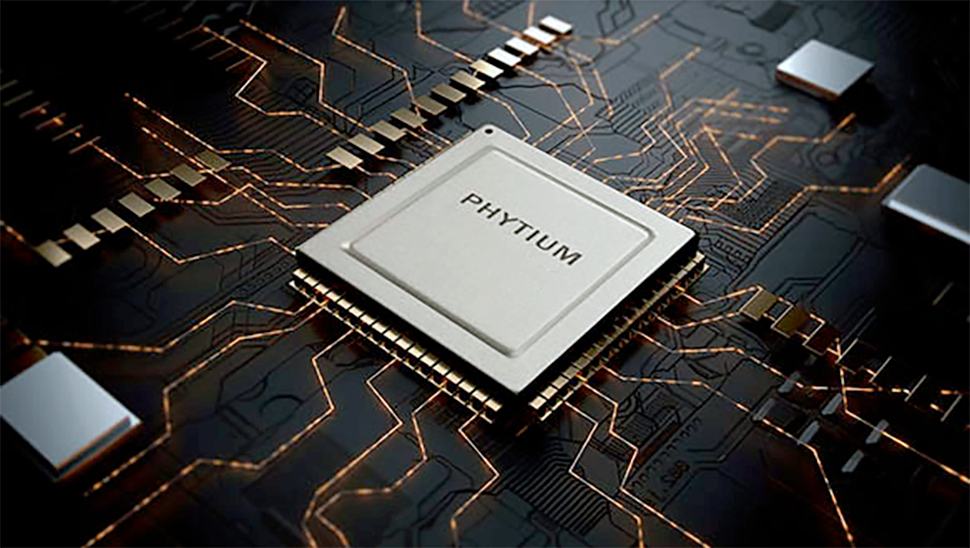
As Beijing blocks American silicon like AMD and Intel from government use, Chinese chipmaker Phytium reported selling over 10 million Feiteng series processors. Taiwanese media outlet IT Home (machine translated) said that most of these chips are used in key national projects and industries and can be found anywhere from cloud servers to terminals used by end users.
Despite being put on the U.S. entity list, meaning Phytium cannot legally import and use American-made components, it was still able to develop and build advanced chip solutions. For example, last year, the company revealed the 64-core Feiteng Tengyun S2500 server CPU and the Phytium FTC870, rivaling Arm’s Neoverse N2 chip. It also released the Feiteng Tengrui D3000 desktop processor for use in the office setting.
Phytium isn’t the only chip maker gaining an advantage with China’s move away from Western chips. Loongson is another chip maker getting wider acceptance, reportedly shipping 10,000 chips to Chinese schools. The company is also said to have put one of its processors aboard the Tiangong Space Station, a milestone for China’s push to use homegrown tech. Other chip makers like Huawei and Hygon are also expanding their market share, especially as Chinese telcos are shifting away from Western tech.
While many say these Chinese chips are still behind the latest American tech by about a decade, China is still making leaps and bounds in advancing its homegrown processors despite Washington's bans and sanctions against the country. This is likely why U.S. Commerce Secretary Gina Raimondo said holding back China’s chipmaking progress is a fool’s errand. Even the U.S. Senate found that enforcing the White House’s moves against the Chinese tech industry is largely inadequate owing to the Department of Commerce’s lack of funding.
Phytium and other homegrown tech used in Chinese industries will significantly affect the future of China’s silicon. As the Chinese government purchases these chips in the millions, the companies making these processors could reinvest their earnings in research and development to further improve their tech. The Chinese private sector might also follow suit, mainly if these local chip makers could produce chips with just the right amount of processing power at a much lower cost.
With hundreds of thousands, if not millions, of government employees using these computers, we might soon see individual Chinese consumers wanting to buy these processors. After all, this was how the U.S. consumer was introduced to PCs in the 1980s and 1990s, allowing companies like Compaq, Dell, and HP to move from the office into the homes of many Americans.







